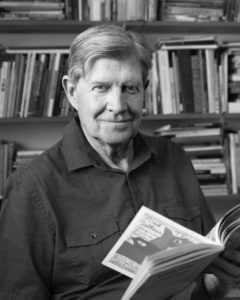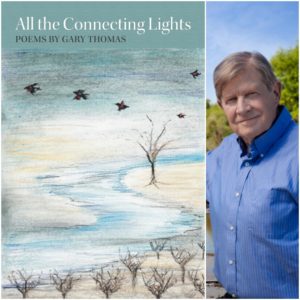Nancy Aidé González and Gary Thomas will read their poetry on August 13, 2022 at 2:00 p.m. during MoSt Poetry on Saturday at the Carnegie Arts Center, located at 250 North Broadway in Turlock, CA. There will be light refreshments and an open mic following the featured poets. This event is free and open to the public.
Nancy Aidé González is a Chicana poet, educator, and activist. Her work has appeared in Huizache: The Magazine of Latino Literature, La Tolteca, Mujeres De Maiz Zine, Hinchas de Poesía, Fifth Wednesday Journal and several other literary journals. Her work is featured in Poetry of Resistance: Voices for Social Justice, Sacramento Voices: Foam at the Mouth Anthology, Lowriting: Shots, Rides, and Stories from the Chicano Soul, and Puro Chicanx Writers of the 21st Century.


. Gary Thomas grew up on a peach farm outside Empire, California. Prior to retirement, he taught eighth grade language arts for thirty-one years and junior college English for seven, sharing and discussing at least one poem every day with his students. He has presented poetry workshops for statewide organizations, festivals, and conferences. He has had poems published in In the Grove, Time of Singing, and The Comstock Review, among others, and in the anthology More Than Soil, More Than Sky: The Modesto Poets. He is currently vice president of the Modesto-Stanislaus Poetry Center. All the Connecting Lights, published by Finishing Line Press, is his first full-length collection.




